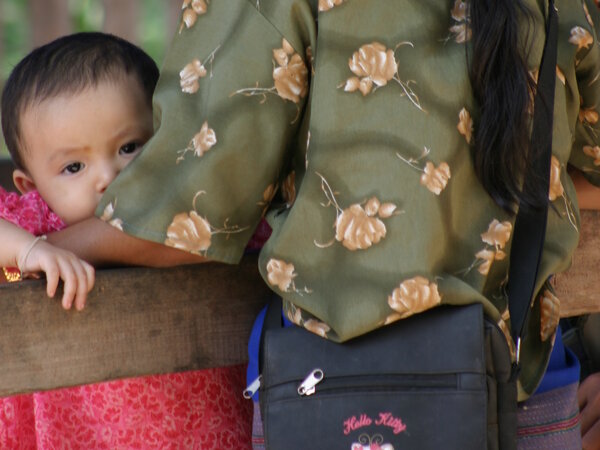At Risk of Plasmodium Vivax Malaria
The risk of developing severe disease is especially associated with young age, higher transmission intensity, early and frequent relapse, less access to early diagnosis and treatment and/or greater prevalence of co-morbidities including bacterial co-infections and malnutrition. Severe disease is rare in temperate areas and in returned travelers. It occurs in relatively high-transmission areas with chloroquine resistance, such as Indonesia and Papua New Guinea, as well as in low-transmission areas, including India and South America.
Symptoms
Severe P. vivax malaria may present symptoms similar to those of severe P. falciparum malaria and can be fatal. Severe anaemia and respiratory distress occur at all ages, although severe anaemia is particularly common in young children.
The criteria for severe P. vivax infections are the same as for adults and children with severe P. falciparum malaria but with no parasitaemia density thresholds and without the criterion of hyperparasitaemia. Primary symptoms include severe anaemia, respiratory distress and acute lung injury (ALI), acute kidney injury (AKI), splenic rupture, metabolic acidosis, jaundice, multiorgan dysfunction, morbidity and shock, but rarely coma.
Parasite densities in P. vivax are usually lower than P. falciparum and may cause severe anaemia at lower parasitaemia levels.
Diagnosis
In P. vivax, contrary to P. falciparum, all stages of parasite development may be seen in the peripheral blood film. Note that the currently available RDTs are slightly less sensitive for detecting P. vivax than for P. falciparum.
For more information on the diagnosis of severe malaria, visit the diagnosis page.
Treatment
All forms of severe malaria are recommended to follow the treatment guidelines.
Follow-on treatment
Following parentarel artesunate, treatment can be completed with a full treatment course of oral ACT or chloroquine (in countries where chloroquine is the treatment of choice). A full course of radical treatment with primaquine should be given after recovery.
